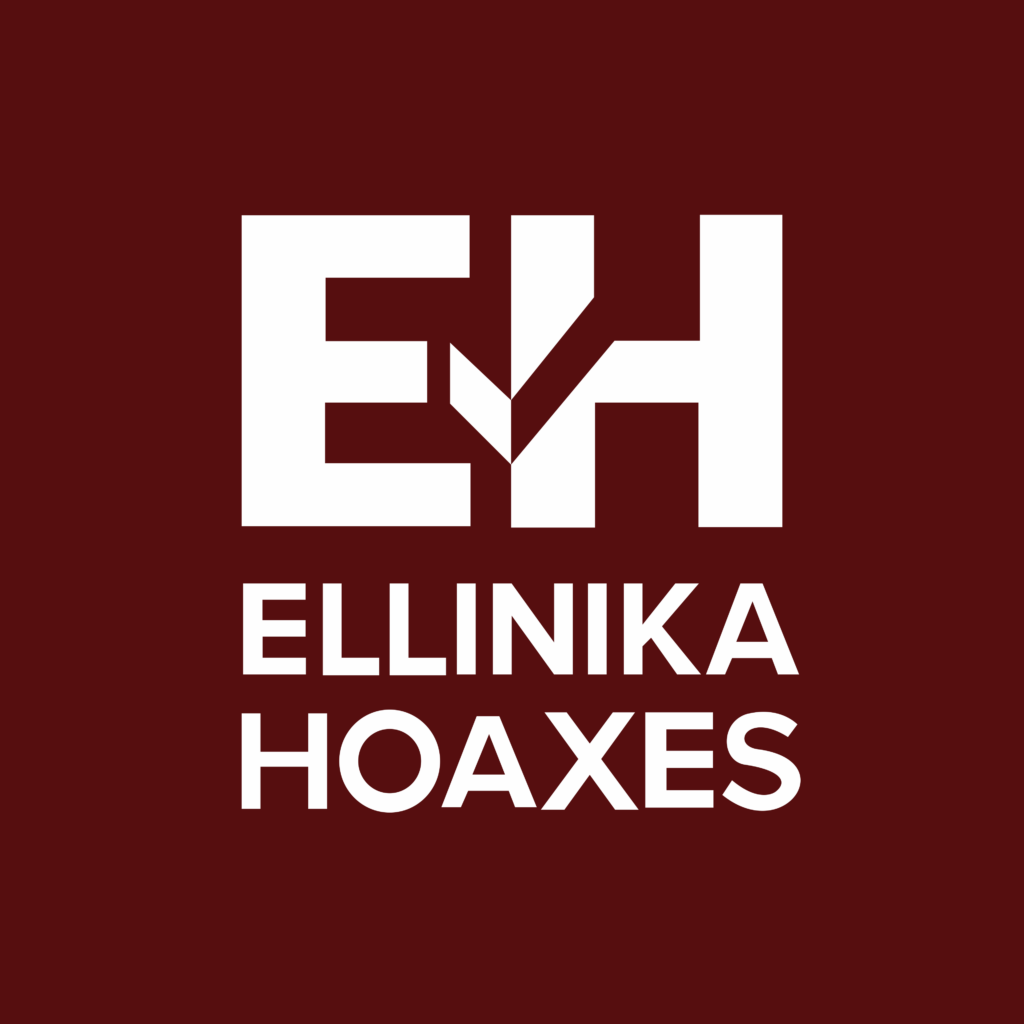How we work
Home -> Fact-checking -> How we work
Facts Matter
Disinformation today poses a major challenge for democracies worldwide, fueling distrust in public institutions and helping to spread false narratives around key issues including elections, the COVID-19 pandemic and the war in Ukraine.
In a bid to mitigate the threat of disinformation, MedDMO brings together a group of experienced fact-checkers focusing on issues that affect the region.
The aim is to help the public develop critical thinking in order to distinguish real from false information.
The fact-checkers:

AFP, a global leader in digital verification, is a signatory of the International Fact-Checking Network (IFCN) code of principles. These include a commitment to: non-partisanship and fairness, transparency of sources, transparency of funding and organisation, transparency of methodology and an open and honest corrections policy.
AFP’s work is carried out by fact-checking journalists and editors who work closely with the agency’s entire international network and follow the same editorial standards and key guiding principles.
As well as traditional journalism skills, AFP uses a number of simple tools to verify online information, some common sense and a lot of caution. Starting out with a specific question, AFP seeks to investigate and report dubious stories and claims that may or may not end up on our newswires. It seeks non-partisan, publicly available information in its investigations, and links to it online. AFP’s journalists monitor online content in local languages, from Amharic to Hindi, German or Dutch. They take into account local cultures, languages and politics and work with AFP’s bureaus worldwide to investigate and disprove false information, focusing on items that can be harmful, impactful and manipulative.

Ellinika Hoaxes is the first fact-checking organization that received accreditation from the International Fact-Checking Network (IFCN) in Greece and has years of experience in the field of fact-checking covering a wide array of topics with a prominent example being pseudoscientific misinformation. In the context of our work, we have collaborated with educational institutions and global associations with the goal of promoting digital literacy and combating misinformation and disinformation online.
Times of Malta, Malta’s leading media organisation, provides fact-checked articles about Malta and Maltese subjects of interest. Founded in 1935, Times of Malta is the oldest daily newspaper in Malta still in circulation and its website is the country’s most visited news site. Times of Malta prides itself on being independent. It is not affiliated to any external organisation or political party.
Journalists are required to follow a code of ethics that instructs them to seek the truth at all times, identify sources where possible, act independently and disclose conflicts of interest, and remain free of political associations or ties that may compromise their integrity.
Times of Malta’s fact-checking service is the first of its kind in Malta. Fact-checking articles are published on a dedicated section on the Times of Malta website.


